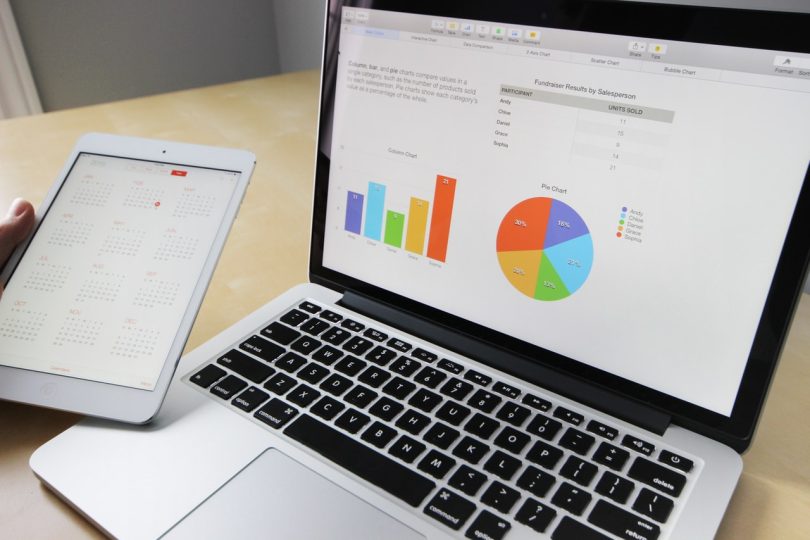If you gave Don Draper a time machine and set the controls for 2022, he would be totally bewildered when he got here. Marketing has been so fundamentally transformed by digital technology over the past 25 years as to be unrecognizable. It’s now impossible for any commercial enterprise even to contemplate doing business without using every form of digital marketing available.
Of course, the pandemic had a lot to do with getting us to where we are today. 87% of marketers in the USA increased their activity on social media as the pandemic took hold. However, technological advance was already driving it – Covid-19 simply accelerated the process.
Digital Marketing
Digital marketing involves leveraging multiple assets and channels. The company website is at the center of this marketing web and every platform feeds both across it and into its heart – mobile advertising, email marketing, social media, SEO, pay per click, influencers, display ads, Google My Business. The online world is overflowing with marketing opportunities that offer a truly global reach.
Hybrid Digital Marketing
Hybrid digital marketing is even more sophisticated in the way it combines both online and real-world functionality into a single cohesive strategy. Even businesses that are exclusively engaged in ecommerce can take advantage of marketing opportunities in the physical environment, while those that operate from storefronts and premises which offer customer access can optimize their online presence to similar effect.
In retail, the potential of hybrid digital marketing is immense. The big advantage of operating from a store is that it can be used as a 3D immersive promotional experience. In recent years, the development of digital signage solutions in retail outlets has been rapid. Instead of the primitive dot matrix displays of old, it’s now possible to apply digital signage to an astonishing range of purposes.
Digital Signage
Digital signage enables retailers to connect with customers in new and effective ways. It may be based on a wholly analog model – the printed signs that directed us around supermarkets since they were first opened – but the functionality is impressive. A retailer can display ads, provide product information, give details of the ethics of items, run videos, notify customers of special offers and new lines. They can broadcast live feeds and even adopt interactive features for customers to use on the main shop floor as well as in fitting rooms and concession areas. A screen in the shop window is a very effective way of attracting the attention of passers-by and casual shoppers. Grab them with a really eye-catching moving image or message and they’ll find it hard to resist looking inside.
This is all supported by reputable research from retail sales and marketing experts like Nielsen. As long ago as 2006, reports suggested that 68% of consumers thought digital signage would influence their decision to buy the advertised product in the future while 44% say it would influence them to buy the advertised product instead of one they planned to buy. Digital signage has come a long way since then, so its influence will have increased significantly in the interim.
There’s a natural affinity between instore digital displays and what is possible online. There is nothing about the material being shared that is intrinsically different. For a truly hybrid digital marketing strategy to work, it’s important to think of it holistically. The messages are the same, it’s simply the medium of delivery which is different. A company website can provide just as much information as in-store screens and can offer the same level of interaction. Banner ads and drop-down menus mirror the physical presence of in-store signage, while the potential for signing consumers up to email marketing lists is huge. There is always the option to provide an online purchasing function as well, but even without this, the website can be constructed in such a way that it makes a physical visit irresistible.
Hybrid digital marketing is a term coined to describe the kind of cross-channel promotion that ecommerce businesses use. We think it is entirely appropriate to expand the term to include the digital functionality that is possible in the physical space. The interconnection of the two is what makes it the broadest form of hybrid marketing available. Blurring the lines between the physical and the online by means of this shared digital functionality is undoubtedly the shape of retail marketing to come.









